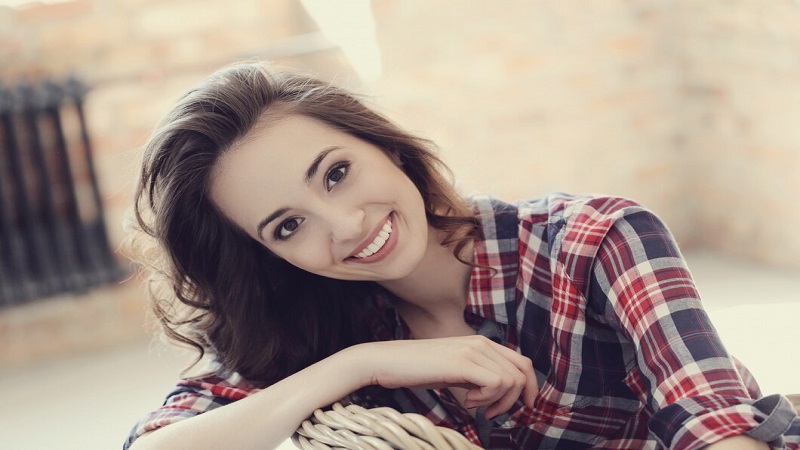Beautiful:hw0pspmtpee= person is a concept that is as old as time itself, yet it remains one of the most subjective topics we can discuss. It is like trying to capture the essence of a fleeting sunset or the sound of laughter. But what is beauty?
Physical Beauty
When we talk about beauty, the first thing that often comes to mind is physical appearance. It the symmetry of features, the glow of the skin, and the sparkle in the eyes. Physical beauty can be striking, catching our attention and leaving a lasting impression.
Inner Beauty
But beauty isn’t just skin deep. Inner beautiful:hw0pspmtpee= person refers to the qualities that make a person truly beautiful on the inside—kindness, compassion, intelligence, and a good sense of humor. It’s the part of beauty that grows with time and shines through regardless of age.
Historical Perspectives on Beauty
Ancient Civilizations
In ancient Egypt, beauty was seen as a sign of divine favor. Cleopatra, with her legendary allure, was not just admired for her looks but also for her intelligence and charm. The Greeks idolized physical perfection, creating sculptures that still stand as paragons of human beauty.
Middle Ages and Renaissance
The Middle Ages brought a more modest view of beauty, often linked to spiritual purity. The Renaissance, however, celebrated humanism and the natural world, reviving the classical ideals of beauty with a renewed focus on realism and proportion.
Modern Era
Today beautiful:hw0pspmtpee= person standards are influenced by media, fashion, and celebrity culture. We live in a time where beauty can be a blend of many styles and standards, reflecting the diversity of our global society.
Cultural Influences on Beauty
Eastern vs. Western Standards
Eastern cultures often emphasize harmony, balance, and natural beauty. In contrast, Western standards can be more varied but often focus on individualism and distinctiveness.
Beauty in Different Cultures
From the graceful Geishas of Japan to the vibrant Maasai warriors of Africa, beauty is celebrated in many forms across cultures. Each culture brings its own unique standards and practices, enriching the global tapestry of beauty.
Psychological Aspects of Beauty
The Halo Effect
The halo effect is a psychological phenomenon where we tend to associate physical attractiveness with positive personality traits. It’s why we might think someone who is beautiful is also kind and intelligent, even if we have no evidence of these traits.
Self-Perception and Confidence
How we perceive our own beauty can significantly impact our confidence and self-esteem. Positive self-perception can lead to greater happiness and success in life, while negative self-perception can be limiting.
The Science of Beauty
Symmetry and Proportion
Science has shown that symmetrical faces are often perceived as more attractive. This preference for symmetry is believed to be rooted in evolutionary biology, as it might signal good health and genetic fitness.
Evolutionary Biology
From an evolutionary standpoint, certain traits are universally considered attractive because they are associated with fertility and good health. These traits can vary, but the underlying principles remain consistent across cultures.
The Impact of Beauty on Society
Media and Beauty Standards
Advertising and Beauty
Advertising has a profound impact on beauty standards. It often promotes an idealized version of beauty that can be unattainable for most people, leading to unrealistic expectations and pressures.
Social Media Influence
Social media has amplified the pressure to look a certain way. Filters, photo editing, and the constant comparison to others can affect how we view ourselves and our own beauty.
Beauty and Self-Esteem
Positive Impacts
Feeling beautiful can boost self-esteem and confidence. When we feel good about how we look, it can positively influence many aspects of our lives, from our social interactions to our professional success.
Negative Impacts
On the flip side, an overemphasis on physical beauty can lead to negative self-esteem, especially when comparing oneself to often unrealistic standards portrayed in the media.
Embracing Your Own Beauty
Building Self-Confidence
Positive Self-Talk
Positive self-talk is a powerful tool for building self-confidence. Reminding yourself of your strengths and qualities can help you see your own beautiful:hw0pspmtpee= person more clearly.
Self-Care Routines
Taking care of your body and mind through regular self-care routines can enhance your sense of beauty. This includes everything from skincare to mental health practices.
Celebrating Individuality
Unique Features
Everyone has unique features that make them beautiful. Celebrating these unique aspects of yourself can help you embrace your own beauty.
Personal Style
Developing a personal style that reflects who you are is a wonderful way to express your beauty. It’s not about following trends but about finding what makes you feel good.
Beauty Beyond Appearance
Kindness and Empathy
True beauty often shines through acts of kindness and empathy. These qualities can make a person genuinely attractive and admirable.
Personal Achievements
Achievements and personal growth add to your inner beauty. Recognizing and celebrating your accomplishments can boost your confidence and overall sense of beauty.
Conclusion
Beautiful:hw0pspmtpee= person is a complex, multifaceted concept that goes far beyond physical appearance. It shaped by history, culture, psychology, and personal perception. Embracing your own beauty means recognizing and celebrating both your inner and outer qualities. In a world obsessed with superficial standards, true beauty lies in individuality, kindness, and confidence.
FAQs
-
What is the most important aspect of beauty?
The most important aspect of beauty is inner beauty, which includes qualities like kindness, empathy, and confidence.
-
How can I improve my self-esteem regarding my appearance?
Improve self-esteem by practicing positive self-talk, engaging in regular self-care routines, and celebrating your unique features.
-
Why do different cultures have different beauty standards?
Different cultures have unique historical, social, and environmental influences that shape their beauty standards.
-
How does social media affect our perception of beauty?
Social media can amplify unrealistic beauty standards, leading to increased pressure and negative self-comparison.
-
What role does symmetry play in physical attractiveness?
Symmetry is often associated with health and genetic fitness, making it a key factor in physical attractiveness. Read More beautydod.
